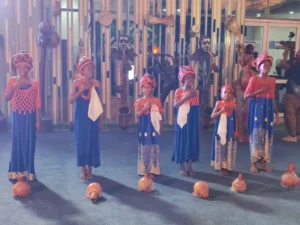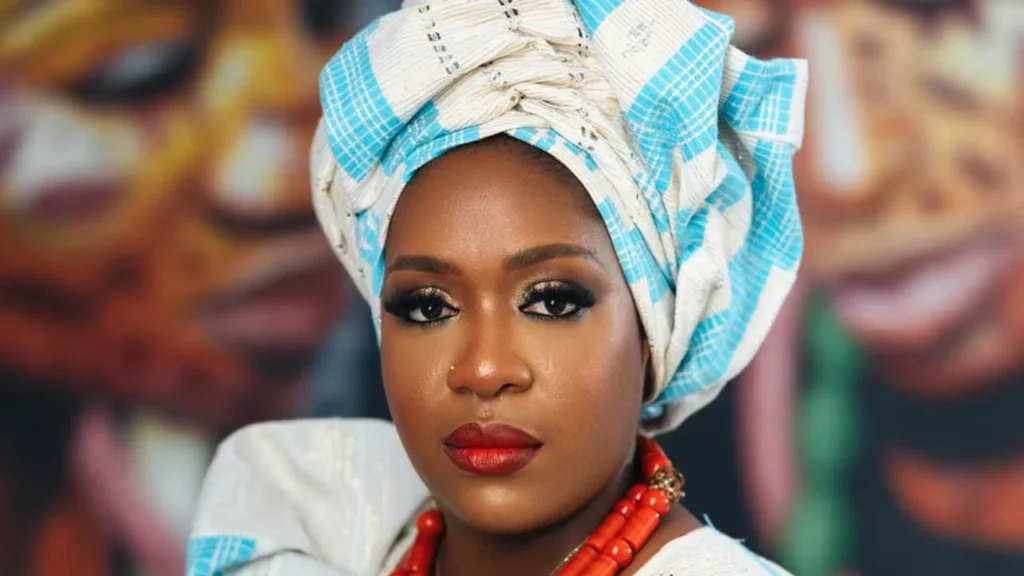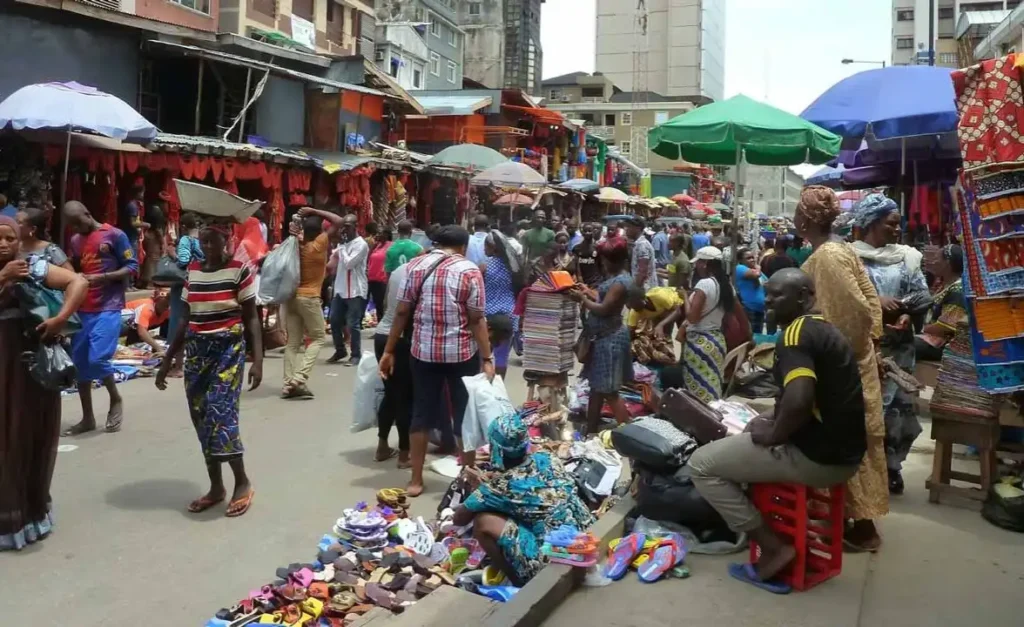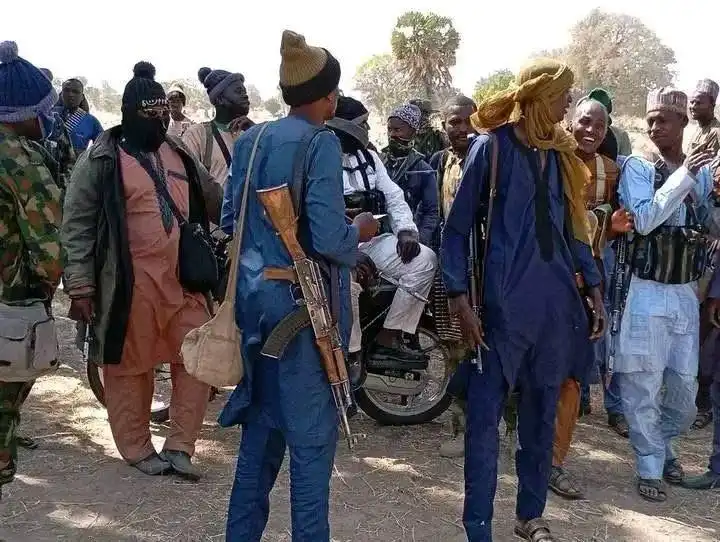In a spirited celebration of African identity and youth-driven innovation, the 18th edition of the Culturati Festival held in Lagos once again lived up to its reputation as one of Nigeria’s most vibrant platforms for cultural expression, creative enterprise, and intergenerational dialogue. Drawing thousands of young creatives, cultural enthusiasts, business leaders, and heritage advocates, the 2024 festival blended artistry, entrepreneurship, and tradition to ignite a renewed sense of pride in African roots.
Held over several days in the heart of Lagos, the Culturati Festival was more than just a display of culture—it was a statement of purpose. This year’s edition emphasized the critical role of young people in preserving African heritage while using modern tools and platforms to reinterpret tradition in fresh, innovative ways.
A Melting Pot of Culture and Creativity
Themed “Preserve the Culture, Inspire the Future,” the festival transformed Lagos into a cultural epicenter, featuring live performances, art installations, panel discussions, fashion showcases, craft markets, culinary exhibitions, and entrepreneurship masterclasses. At the center of the event was the goal of using culture as a vehicle for youth empowerment and economic transformation.
From spoken word poetry echoing ancient folklore to digital art exhibitions reimagining African spirituality through augmented reality, every aspect of Culturati 2024 reinforced the festival’s mission: celebrating Africa’s past while preparing youth to define its future.
The main venue, which included open-air stages, tents, pavilions, and art corridors, became a beehive of activity, welcoming attendees from across Nigeria, neighboring West African countries, and members of the African diaspora.

Spotlight on Youth Innovation and Entrepreneurship
A unique feature of the 2024 Culturati Festival was its intensified focus on youth entrepreneurship in the creative sector. With Nigeria’s youth population making up over 60% of the country, organizers recognized the immense opportunity to harness creativity for economic progress.
Throughout the festival, young innovators pitched ideas in music tech, fashion design, heritage tourism, animation, and content creation. Several startup founders shared success stories of building businesses rooted in African culture—from sustainable fashion brands inspired by indigenous fabrics to mobile apps that teach native languages through gamified lessons.
The Culturati Enterprise Hub, a dedicated zone within the festival, hosted mentorship clinics, funding sessions, and pitch competitions supported by venture capitalists, cultural institutions, and government agencies. Winners received seed grants, incubation opportunities, and access to a global network of Afrocentric investors.
According to the festival’s founder and cultural advocate, Idris Aregbe, Culturati has evolved into a “cultural economy engine.” In his words, “We must go beyond cultural preservation. We must commercialize our heritage responsibly. Our youths can create jobs, attract global audiences, and influence the world through their roots. Culturati exists to make that possible.”
Celebrating African Heritage Through Diverse Art Forms
A major attraction of the 2024 edition was its curated exhibitions showcasing the diversity of African art, from traditional sculptures to modern installations. Attendees marveled at murals that celebrated African women as cultural matriarchs, intricate beadwork that told stories of kingdoms past, and digital reinterpretations of historic proverbs.
The festival’s art village offered masterclasses in traditional crafts such as pottery, adire (tie and dye), bronze casting, and wood carving, led by elderly artisans who passed down knowledge to eager young learners. These intergenerational encounters became powerful moments of connection, reminding participants that tradition thrives when it is shared.
One highlight of the festival was the “Voices of the Ancestors” fashion parade, where designers reimagined historical clothing styles with a contemporary twist. Models wore garments made from hand-woven fabrics, styled with modern accessories, blending past and present in ways that sparked both admiration and reflection.
Dance troupes from across Nigeria and West Africa dazzled audiences with performances that paid tribute to various ethnic identities—from Yoruba bata and Igbo egwu dances to Fulani calabash rhythms and Ghanaian kente processions. These cultural showcases emphasized the unifying power of Africa’s diverse traditions.
Educational Forums and Cultural Advocacy
Beyond the entertainment and artistry, the Culturati Festival also offered intellectual and educational content through a series of thought-provoking panel discussions and public lectures. Experts, scholars, and activists explored critical themes including the decolonization of African art, digital storytelling, language preservation, cultural appropriation, and the role of policy in supporting creative industries.
Notably, a youth-led panel on “Preserving Culture in a Globalized World” drew wide engagement. Participants discussed how globalization and Western influences impact African identity and debated solutions to keep indigenous traditions alive—through education, technology, and intentional cultural programming.
The festival also partnered with schools and universities in Lagos, bringing in hundreds of students for guided tours and workshops. Educational institutions were encouraged to integrate cultural studies into their curricula and promote local language instruction.
Diaspora Participation and Pan-African Unity
Culturati 2024 welcomed guests from across the African diaspora, many of whom traveled from the United States, Brazil, the United Kingdom, and the Caribbean. These international attendees participated in cultural exchange activities, shared stories of their heritage journeys, and expressed gratitude for platforms that connect them back to their roots.
In a moving moment during the opening ceremony, a Brazilian Afro-descendant delegation presented a Yoruba-language poem in honor of their ancestral lineage. The performance was met with tears and applause, serving as a reminder that Africa’s influence stretches far and wide—and that reconnection is both possible and powerful.
Discussions also explored how African nations can collaborate on transcontinental cultural projects, creative funding mechanisms, and joint policies to promote Afrocentric content globally. The festival reiterated its long-standing call for stronger pan-African networks that go beyond politics and economics to embrace shared identity.
Government and Stakeholder Involvement
The Lagos State Government expressed support for Culturati’s long-term goals, with officials reaffirming the state’s commitment to investing in cultural infrastructure, arts education, and creative industries. Representatives from the Ministries of Tourism, Youth and Sports, and Arts and Culture were present and engaged in youth policy roundtables.
International bodies including UNESCO, the African Union Cultural Commission, and ECOWAS also sent representatives, signaling the growing recognition of Culturati as a platform for continental dialogue and development.
Private sector sponsors, including media houses, banks, telecommunications firms, and fashion brands, provided funding and promotional support, further demonstrating the value of aligning culture with commerce.
Conclusion: Building a Sustainable Cultural Movement
The 18th edition of the Culturati Festival did more than entertain—it inspired, educated, and mobilized. It reasserted the power of youth as custodians of culture, innovators of enterprise, and architects of a vibrant African future.
As the festival concluded, participants carried with them a deeper sense of identity and purpose. For many young Nigerians and Africans in attendance, Culturati was not just an event—it was a movement. One that dares to ask: What if the future of Africa lies in its past?
With its successful blend of tradition and innovation, the Culturati Festival continues to set a high bar for cultural programming in Africa and offers a template for how the continent can celebrate its legacy while building toward progress.






